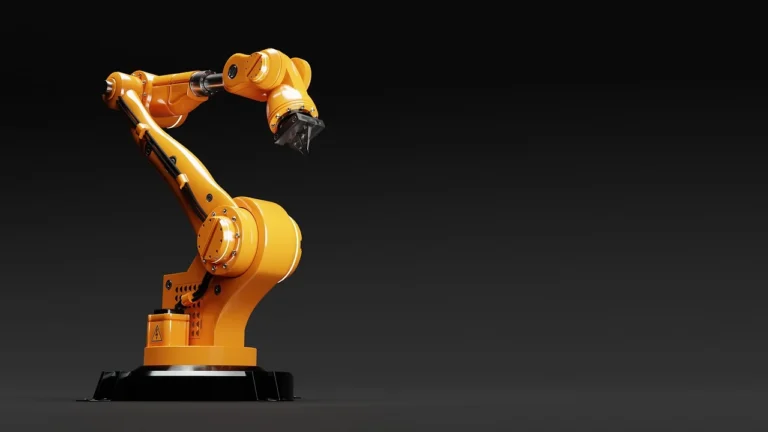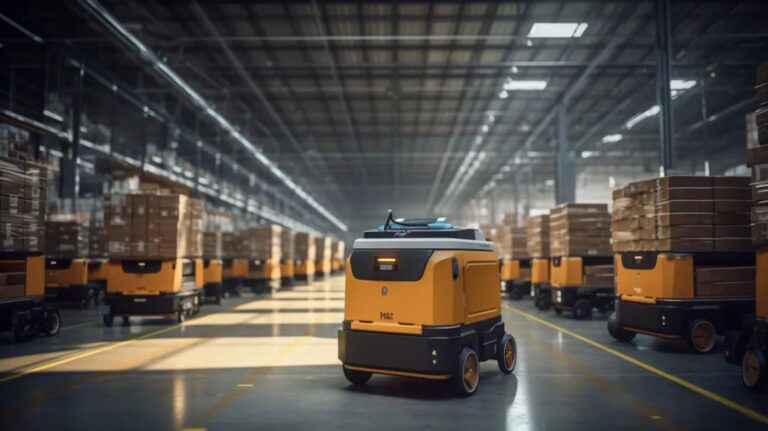We help the world since 2012

Power Supplies You Should Avoid: The Worst Power Supply Choices in 2024
This post was reviewed on September 18, 2024, and is aimed at those who are unfamiliar with power supplies. Experienced engineers can feel free to skip.
This article is purely subjective, so if there are any parts that seem less objective, we ask for your understanding. Let’s exchange ideas and opinions together!
The Potential Dangers of Low-Quality Power Supplies
First and foremost, it’s essential to understand that poor-quality power supplies, especially DC-DC converters, can pose a serious risk to human safety. Power supplies are one of the few hardware components that can directly harm you. To ensure your safety, don’t skimp when purchasing a power supply—choosing a high-quality DC-DC converter is absolutely essential.
Poor-quality DC-DC power supplies are prone to malfunctions and even explosions during use. Many engineers have experienced this, with customers reporting explosions during testing—sometimes minor, but occasionally quite severe. Engineers can often handle minor issues due to their understanding of power principles, but even so, failed tests can lead to catastrophic results.
At CHONDA, we’ve been dedicated to producing DC-DC converters for 12 years, and we’ve never received negative feedback. It’s crucial to choose carefully when selecting new power supplies to avoid unnecessary risks.
How to Choose a High-Quality DC-DC Converter
So, how do you choose a reliable DC-DC converter? Here are the key parameters to consider:
1. Rated Power
Rated power is the fundamental criterion when evaluating a power supply. Make sure the power supply can meet your real power needs. If the power rating is too low, it may not provide stable output; if it’s too high, it could be inefficient and wasteful.
2. Conversion Efficiency
Conversion efficiency is another important factor for DC-DC converters. Higher efficiency means less energy loss and lower heat generation, which ensures a longer lifespan and more stable operation.
3. Modular Design
Modular DC-DC converters are easier to integrate into various applications. Whether for industrial robotics, electric vehicles, or medical devices, a well-designed DC-DC converter will be adaptable to a wide range of scenarios.
4. Design and Materials
High-quality power supplies use superior components and reliable circuitry. On the other hand, poor-quality products often cut corners on materials, resulting in lower performance and a shorter lifespan. Pay attention to the design and materials used in the DC-DC converter you’re considering.
5. Safety Features
A high-quality DC-DC converter must include comprehensive safety features, such as overcurrent protection, overvoltage protection, short-circuit protection, and thermal protection. Lower-quality products typically lack these protections, leading to potential failures and even personal injury
6. Thermal Management
Effective thermal management is crucial for the stable operation of a DC-DC converter. Good converters come equipped with efficient heat sinks or intelligent fan systems that automatically adjust fan speed based on temperature, ensuring long-term stable performance.
7. Brand Reputation and Market Feedback
When choosing a DC-DC converter, it’s important to consider the brand’s reputation. Brands like CHONDA, with 12 years in the market and no negative feedback, offer a guarantee of reliability. In contrast, poor-quality brands often receive numerous complaints, which should be a red flag for potential buyers.
Conclusion
When purchasing a DC-DC converter, it’s essential to evaluate the product based on rated power, conversion efficiency, modular design, safety features, thermal management, and brand reputation. Poor-quality power supplies can not only damage your equipment but also pose a threat to your personal safety. This article aims to help you avoid low-quality products in 2024 and select a DC-DC converter that truly meets your needs.




